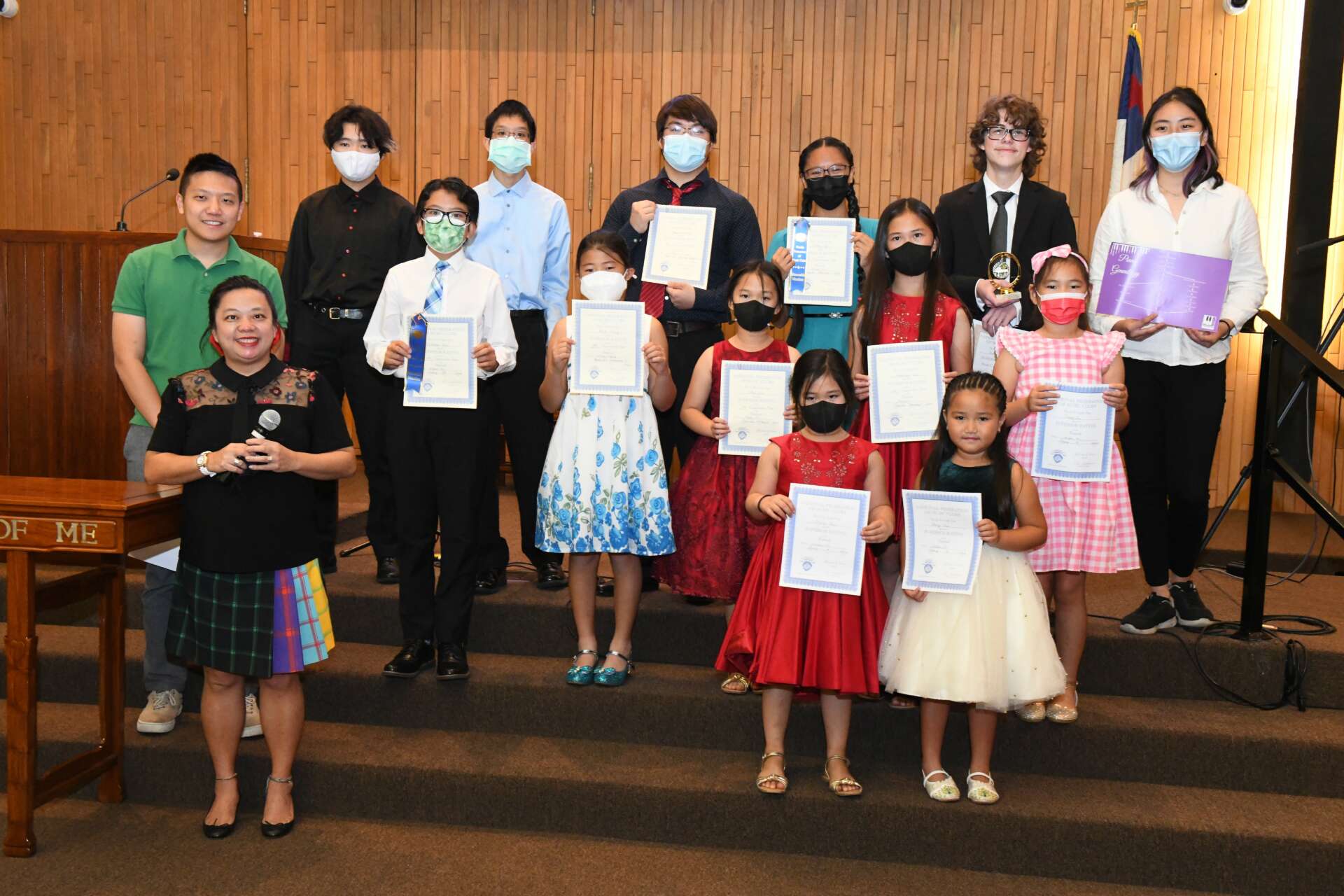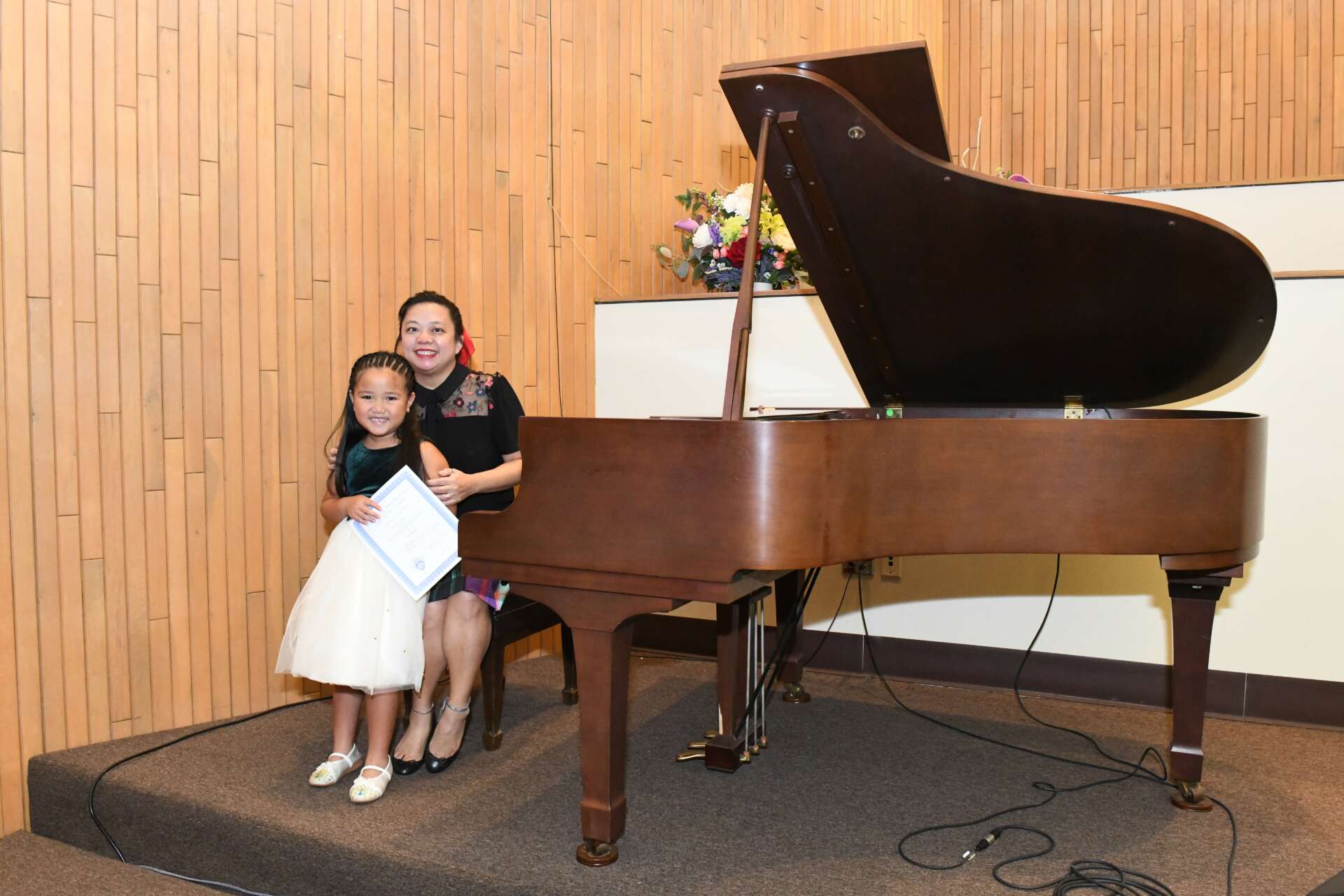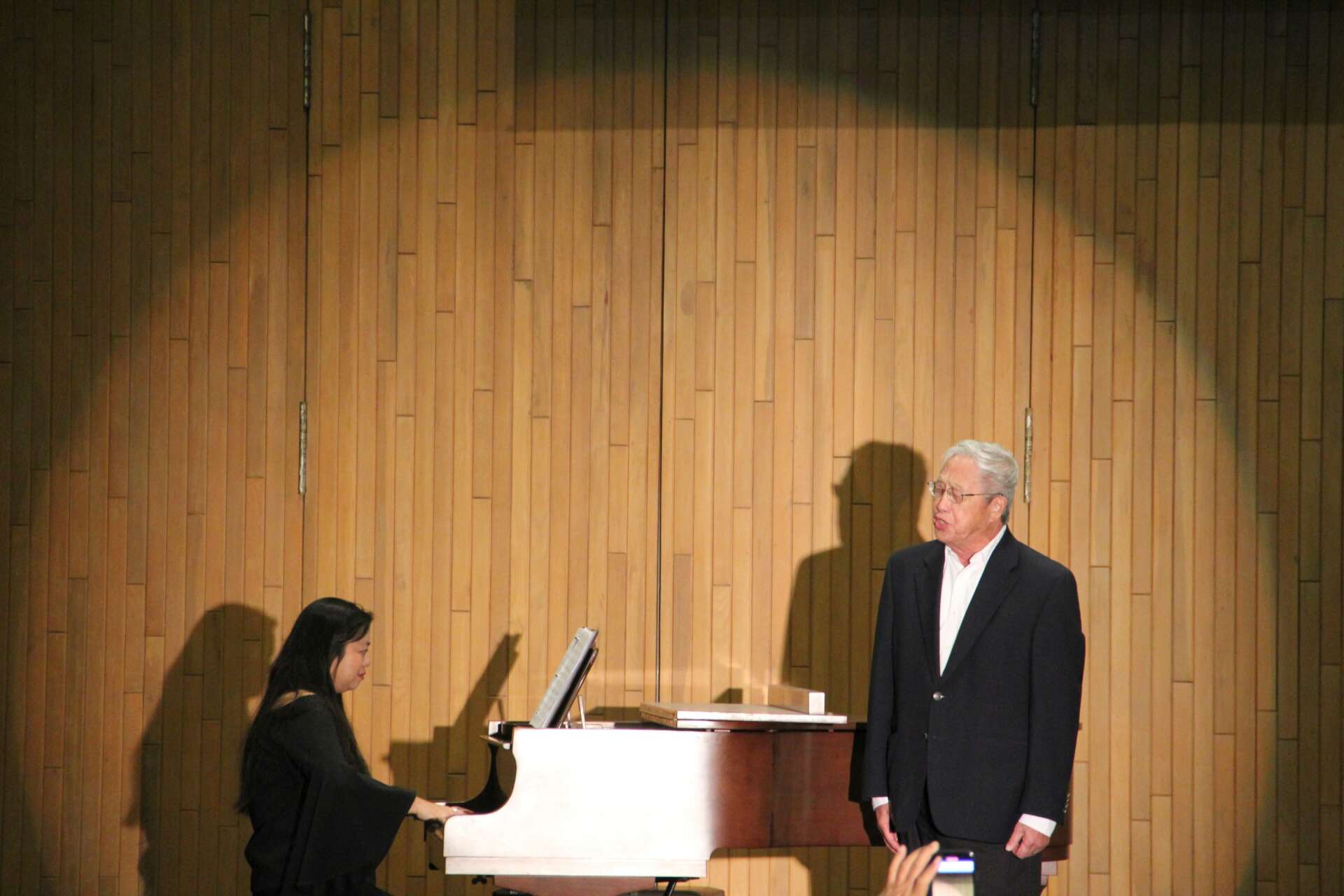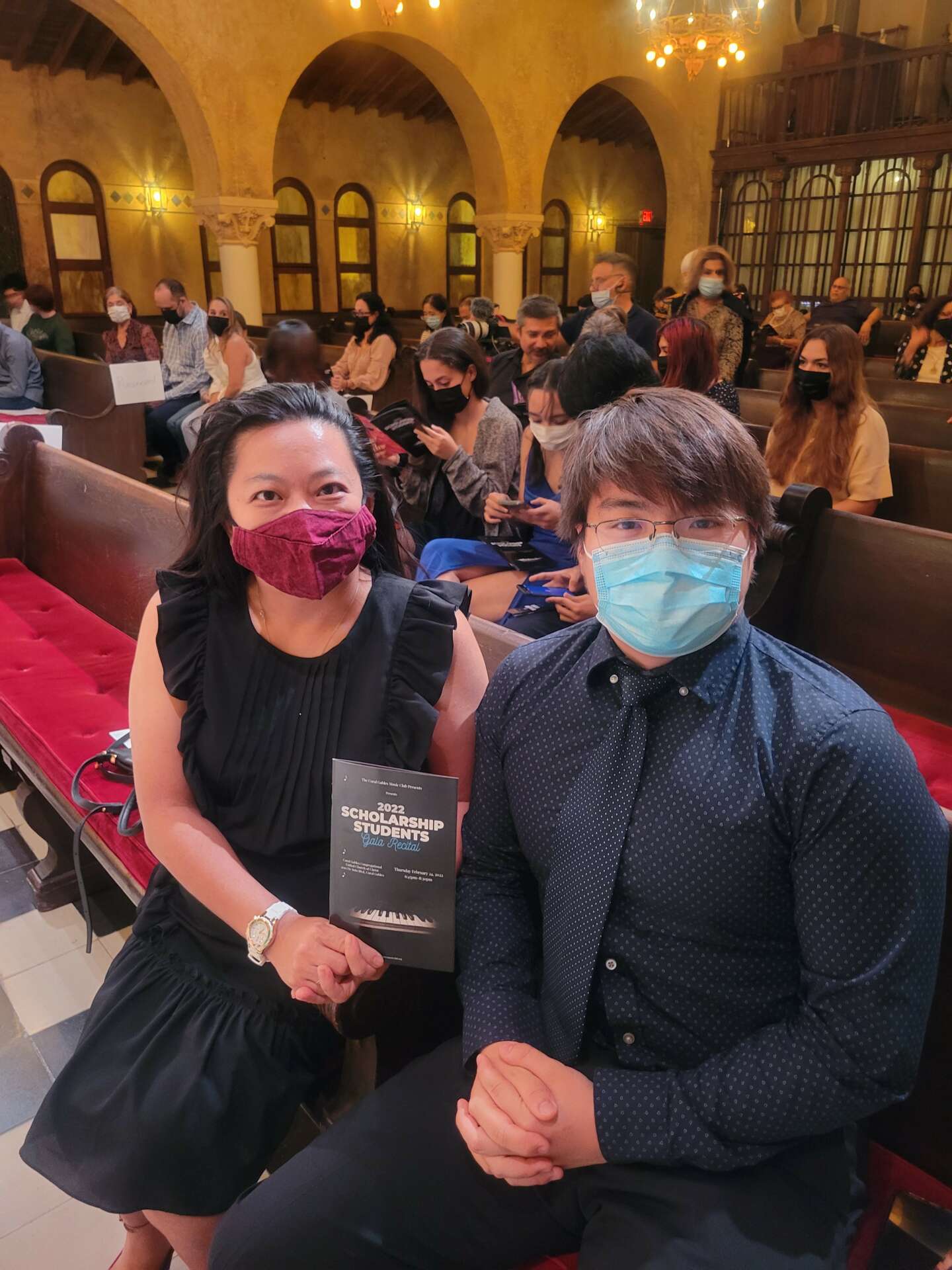We caught up with the brilliant and insightful Nightingale Ngo a few weeks ago and have shared our conversation below.
Hi Nightingale, thanks for joining us today. When did you first know you wanted to pursue a creative/artistic path professionally?
I started piano lessons at the age of 3, with my mom as my teacher. She decided it was time for formal lessons when she watched me climb onto the piano bench to pick out melodies by ear that I had heard played by her students. Music, specifically, making music, has been a part of my life for as long as I can remember. Although I briefly considered studying other fields, I always knew, deep down, that music would be my path. I’ve been so privileged to be part of a church with a rich musical tradition that allowed me to serve by playing the organ, piano, sing in the choir, play and direct the handbell choir.


As always, we appreciate you sharing your insights and we’ve got a few more questions for you, but before we get to all of that can you take a minute to introduce yourself and give our readers some of your back background and context?
As a piano teacher, I have the privilege of guiding students, young and young-at-heart, in their musical journeys. Piano lessons aren’t just about learning to play the piano but, in my studio, we incorporate music theory and music history so students have a true music education. Incorporating music theory and music history, students have a deeper understanding of the pieces they play.
Piano lessons are also much more than studying music – it is about discipline, problem-solving, and perseverance. These are lessons students carry with them for a lifetime.
Can you tell us about a time you’ve had to pivot?
Like the rest of the world, everything changed when COVID hit. Before 2021, online lessons were an option for students for their regular weekly lessons or as makeup lessons. At that time, I only had a couple of students who were online only. When the pandemic hit and all the lessons needed to be online, I quickly pivoted, investing in better equipment and software to teach music theory over Zoom. Lessons never stopped and, for the past two years, my students have been performing even more than when we had in-person lessons. What I learned during this time was that online lessons proved to be MORE effective than in-person lessons for all ages and levels. The listening skill set for online lessons are different than in-person. Students seemed to listen with more concentration during online lessons. In addition, since I am not physically in the same room with them to mark mistakes they might make on the music score, I show them the mistake in the score on Zoom’s screenshare and they mark their music. This promotes active learning.


What can society do to ensure an environment that’s helpful to artists and creatives?
Fund the arts in schools and encourage students to participate in the arts. Also, pay creatives like musicians properly. On streaming apps such as Spotify, the artists are paid less than $0.01 per stream. While exact figures are not released, it is speculated that the artist is paid $0.00348 per stream.
Contact Info:
- Website: nightingalengo.com
- Instagram: instagram.com/nightingalepiano
- Facebook: facebook.com/nightingalengopiano
- Linkedin: https://www.linkedin.com/in/nightingalen/
- Youtube: https://swiy.io/nnyoutube


